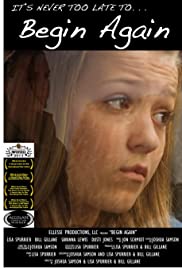
Not Available
You May Also Like
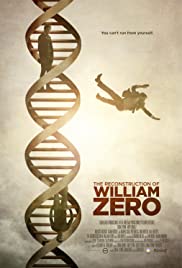
A geneticist wakes up from an accident with only fragments of his memory is forced to relearn who he is via his twin brother. But as he digs deeper, he discovers he might not be who he thought at all.
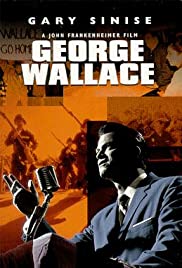
George Wallace is a 1997 television film starring Gary Sinise as George Wallace, the former Governor of Alabama. It was directed by John Frankenheimer, who won an Emmy award for it; Sinise and Mare Winningham also won Emmies for their performances. The film was based on the 1996 biography Wallace : The Classic Portrait of Alabama Governor George Wallace by Marshall Frady, who also co-wrote the teleplay. Frankenheimer’s film was highly praised by critics: in addition to the Emmy awards, it received the Golden Globe for Best Miniseries/Motion Picture made for TV. Angelina Jolie also received a Golden Globe for her performance as Wallace’s second wife, Cornelia.

An African-American man working at a slaughterhouse in the Watts area of Los Angeles leads a dissatisfied and listless existence.

The owners of a small diner are surprised one rainy evening when, just after close, a young woman wearing a wedding dress with three dogs in tow begs to come into their restaurant. What follows is the young woman’s retelling of how she arrived at this curious junction in her life and how, through the search for the right man, she ended up as a runaway bride with three new dogs.
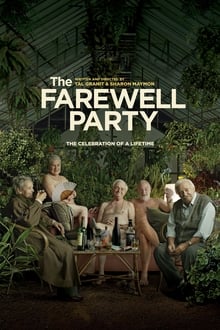
A group of friends at a Jerusalem retirement home build a machine for self-euthanasia in order to help their terminally ill friend. When rumors of the machine begin to spread, more and more people ask for their help, and the friends are faced with an emotional dilemma
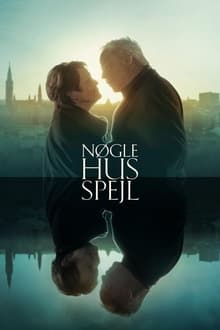
Lily (76) is sure there’s nothing wrong with her. The only reason she lives in a care home is because of her husband Max’s illness: a series of strokes has reduced him to a vegetable. The fact that Lily isn’t exactly the way she used to be becomes slowly clear in the Danish drama Key House Mirror – the title refers to a memory test. It’s not easy for Lily to leave her old habits behind her and fit in with the rules of the home. Her life blossoms when she meets an 80-year-old Swedish neighbour, a charming man who gives her the attention she has long missed. Lily’s daughter, however, is not so happy with the budding romance.

Time seems to stand still in a village in the Galician coast. Everybody there is paralyzed although we can still hear their voices: they talk about ghosts, about witches, about monsters. Three women arrive in the village to find Rubio, a sailor who has recently disappeared in the sea.
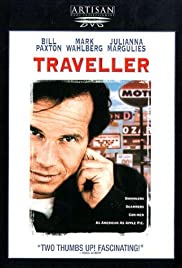
A young man, Pat, visits the clan of gypsy-like grifters (Irish Travellers) in rural North Carolina from whom he is descended. He is at first rejected, but cousin Bokky takes him on as an apprentice. Pat learns the game while Bokky falls in love and desires a different life. Written by Jeff Hole

Two chess masters are entangled in several murder cases related to organ transplants. A cop and criminal psychologist Calvin Che have to work together to find the missing link, whilst facing various dangers.
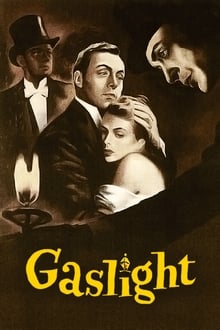
In the late 19th century, Paula Alquist is studying music in Italy, but ends up abandoning her classes because she’s fallen in love with the gallant Gregory Anton. The couple marries and moves to England to live in a home inherited by Paula from her aunt, herself a famous singer, who was mysteriously murdered in the house ten years before. Though Paula is certain that she sees the house’s gaslights dim every evening and that there are strange noises coming from the attic, Gregory convinces Paula that she’s imagining things. Meanwhile, a Scotland Yard inspector, Brian Cameron, becomes sympathetic to Paula’s plight.

Harriet finds art imitating life when she discovers certain songs can transport her back in time – literally. While she relives the past through romantic memories of her former boyfriend, her time travelling collides with a burgeoning new love interest in the present. As she takes her journey through the hypnotic connection between music and memory, she wonders – even if she could change the past, should she?